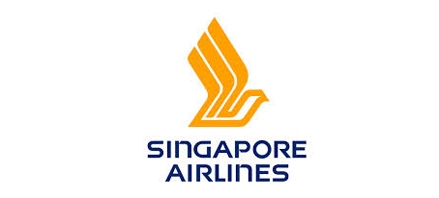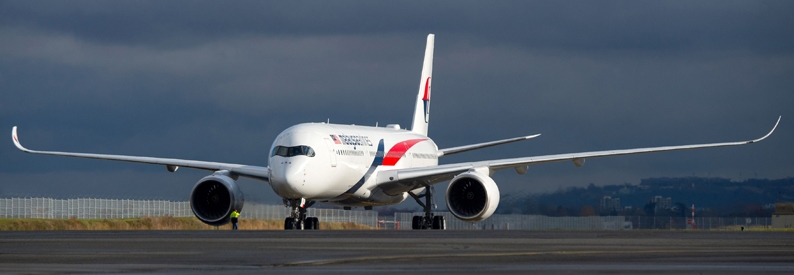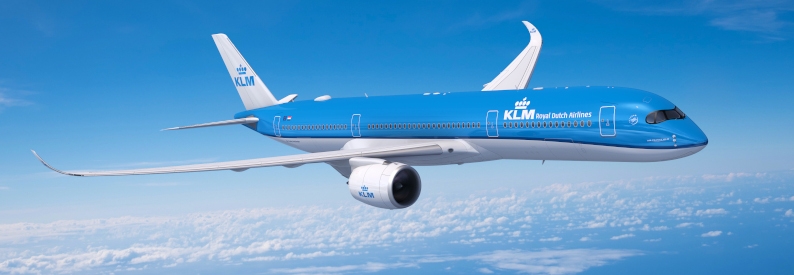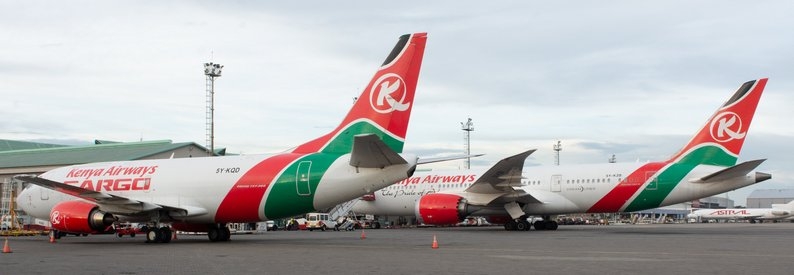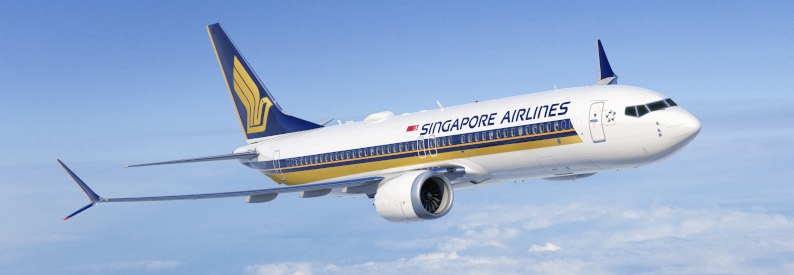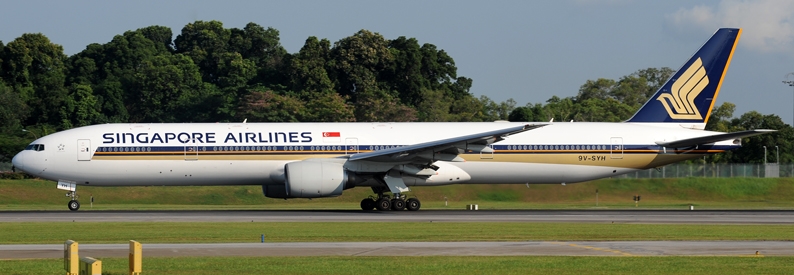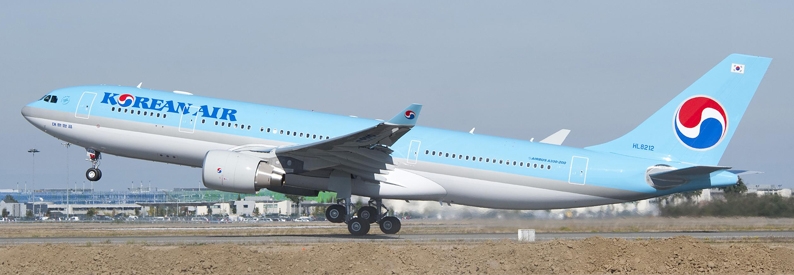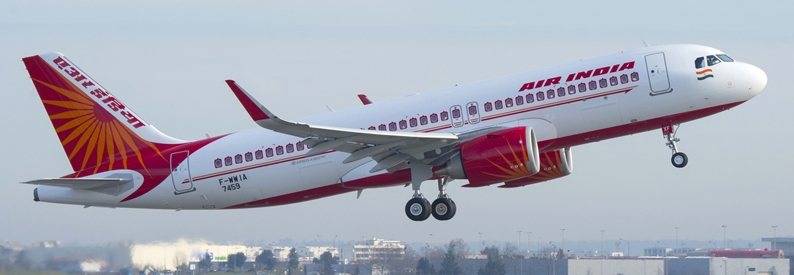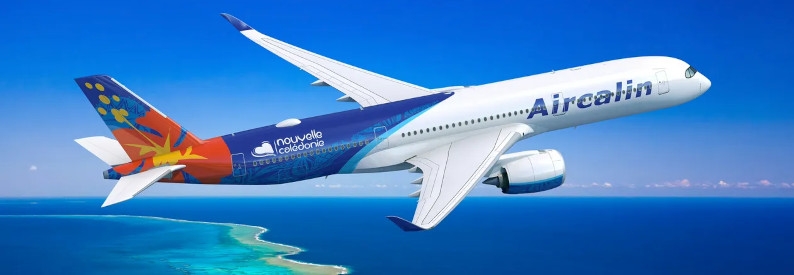Singapore Airlines (SQ, Singapore Changi) is contemplating establishing hubs outside of Singapore to reduce its dependency on the purely international market at Singapore Changi, which proved to be a huge liability during the COVID-19 pandemic, Chief Executive Goh Choon Phong told Bloomberg.
"We recognise that not having a domestic market means challenges. That's why we have a multi-hub strategy. We're setting up an external hub where we hope to be able to participate in the growth of that market," Goh said.
He did not elaborate on where the "external hub" could be located, although he hinted that any such expansion would entail equity investment in other airlines. Due to the regulatory environment in Asia, an application for extensive fifth-, seventh-, or ninth-freedom traffic rights would likely be an uphill battle for the carrier.
Currently, Singapore Airlines Group's only foreign venture is in India, where the holding owns a 49% stake in Vistara (Delhi International). The remaining 51% stake is owned by Tata Sons. After the Indian conglomerate acquired Air India (AI, Delhi International), sources touted the potential merger of Vistara into the flag carrier, even though no plans were ever openly discussed. Goh said Singapore Airlines remains committed to its Indian airline.
"What I can say is that both Tata Sons and we are equally committed to ensuring that Vistara continues to grow," he stressed.
The two shareholders recapitalised Vistara as recently as mid-March 2022.
Singapore Airlines, through its subsidiary Scoot (TR, Singapore Changi), also owned a stake in Thai joint-venture NokScoot (Bangkok Don Mueang) a long-haul low-cost carrier which folded during the COVID-19 pandemic.
"I am not ashamed to say that we have tried, for example, in Thailand, with NokScoot. Of course, with the pandemic, things are very difficult. What really matters is the strategy of identifying the right partners to work with in a multi-hub scenario. It might not work, but that shouldn't stop us from doing what we think is right. And we have to be willing to take some risks," Goh said.
The Singaporean carrier suffered unprecedented losses when the tough travel restrictions imposed by the government cut off practically all international travel to and from Singapore. The airline relied on cargo operations and, over time, gradually reopening transit routes. In the 2020 financial year ended on March 31, 2021, Singapore Airlines lost SGD4.3 billion Singaporean dollars (USD3.1 billion) and posted a 97.5% drop in passenger numbers compared to the previous year, the ch-aviation Commercial Aviation News, Operator & Airport Data module shows.
Goh also said that Boeing had reached out to Singapore Airlines to discuss compensation for the delayed deliveries of B777X aircraft. The carrier has thirty-one B777-9s on firm order from the manufacturer. The type is currently not expected to enter into service before late 2025.
"When the delay was foreseen, you can imagine that Boeing would have reached out to us for early conversations. Obviously, we expect Boeing to help us in the interim to make sure that we continue to be able to deploy the right capacity," Goh said.
- Type
- Base
- Aircraft
- Destinations
- Routes
- Daily Flights
